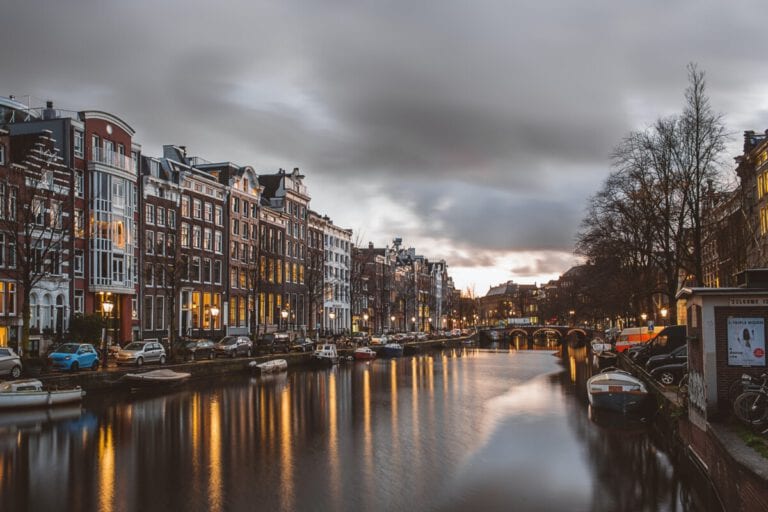
The Dutch curfew is to be extended for an additional three weeks after March 2, and hairdressers may be able to reopen.
This is what was discussed at a cabinet meeting yesterday, according to insiders and reported by the NOS.
The newest measures that will come into play after Tuesday next week will be officially announced at a press conference tomorrow evening.
Extending the curfew is supposed to allow for the relaxing of measures in other areas. This comes in the midst of an already week-long court case on whether the curfew should be abolished or remain in place.
The likely measures
According to insiders, secondary schools be able to partially open on Monday, March 1 and pupils would follow in-person classes for about one and a half days a week.
As for secondary vocational education, students should be able to have live classes one day a week. Universities, as well as higher professional education (HBO) institutions, will remain closed.
Insiders say that the government is also considering the possibility of hairdressers to reopen, and for stores to open to shoppers who have made appointments.
Third-wave
The Dutch Minister of Health, Hugo de Jonge, warns that “we are on the eve of the third wave, even though we’ve managed to slow it down.” He also points out that “people find it very difficult to continue to comply with the measures.”
Tomorrow at 7 PM the outgoing Dutch Prime Minister Mark Rutte together with De Jonge will hold a press conference where they will officially announce what the coronavirus measures will look like after March 2.
What do you think? Did you expect the current measures to be extended? Let us know in the comments below!
Feature Image: Azhar J/Unsplash


The government has shot themselves in the foot trying to avoid a 3rd wave through increasing restrictions that people are progressively more and more tired off, when numbers were dropping. The curfew psychologically has a big impact (along with visiting restrictions) and I am afraid that this partial relaxation in other areas is not going to do anything to improve compliance or trust in the government’s handling of the situation. When you treat your population with distrust they are unlikely to trust you back and less likely to comply. The government needs to think more along the lines of social engineering and less along the lines of short-term decisions to placate particular ‘louder’ interest groups. Of course the vaccination fiasco in the EU and in the Netherlands clearly does not help and along with the recent curfew approach will drive more and more people to populist political parties. Badly done and not thought through in the long run is my opinion.